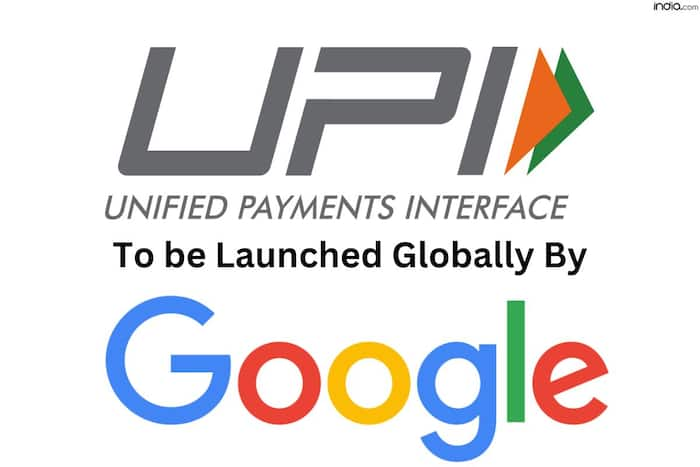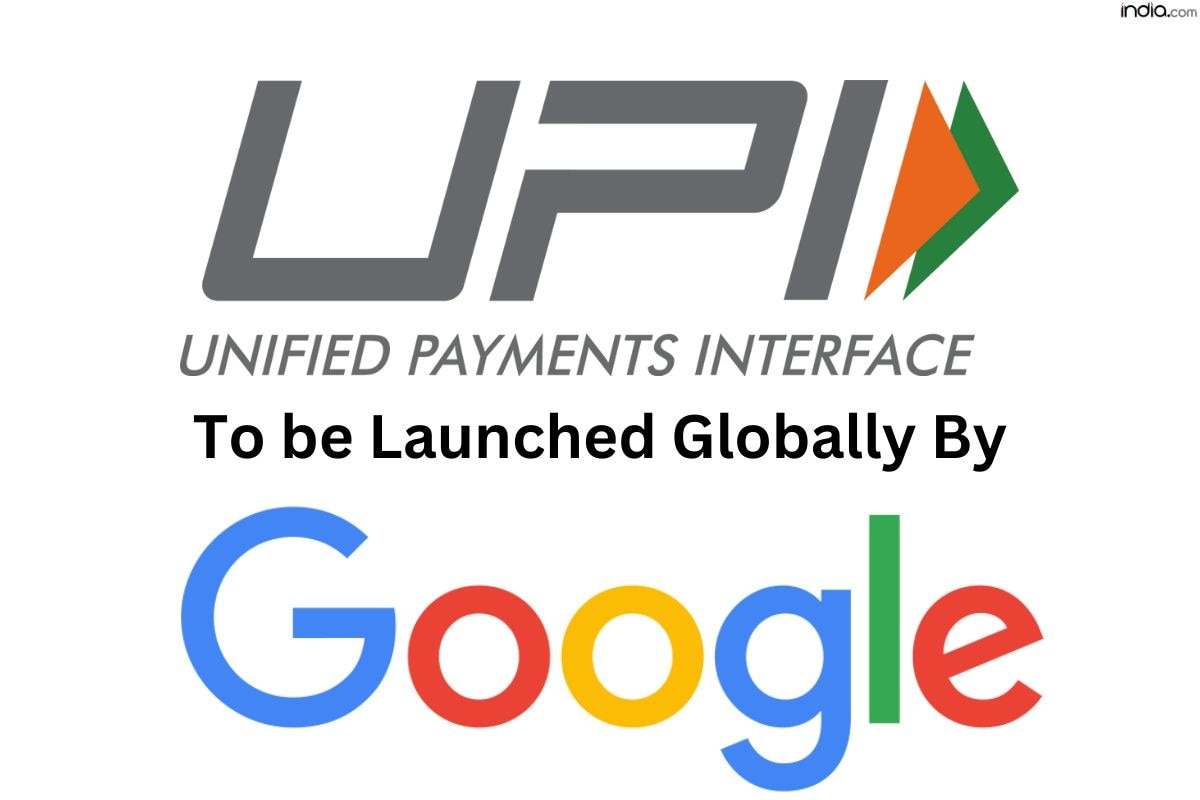India, home to more than a billion people, is set to see a global expansion of the Unified Payment Interface, or UPI, which is the country’s most widely used payment system. Find out more here.

New Delhi: With a population of over 1 billion, India’s most-used payment system, the Unified Payment Interface, commonly known as UPI, is now confirmed to expand globally. The National Payments Corporation of India has signed a memorandum with tech giant Google for global expansion of the UPI system. This will enable users, both in India and other countries, to seamlessly exchange currencies using the payment interface.
UPI’s Global Launch
India’s government developed the Unified Payment Interface (UPI) in April 2016 to enable its users to make peer-to-peer payments to and from multiple bank accounts using a single app. Since then, the technology has been picked up so that even third parties can integrate UPI into their own payment systems or apps, making payments between all parties seamless.
UPI has recorded over 300 million active users and over ten billion transactions handled monthly. Its traffic volume is about half that of Visa and slightly less than that of Mastercard.
The payment system is now extremely common in India and has already been made available in other nations.
Google India’s Memorandum with NPCI
On January 17, 2024, Google India Digital Services Limited and NPCI International Payments Ltd. (the international arm of the National Payments Corporation of India, which oversees UPI) released a signed memorandum to outline three things, which include:
- extending the acceptance of UPI payments for Indian nationals travelling overseas
- implementing digital payment networks similar to UPI in other nations
- Easing the process of payments between countries by utilising the UPI infrastructure.
How Do These 3 Goals Help?
With the first goal, foreign merchants will have the opportunity to accept UPI payments through Google Pay and other apps. This will most likely promote their readiness to pay using UPI much similar to how Alipay signage is regarded. While Indian outbound tourism is growing, it is yet to reach the extent necessary to make this goal a success.
The second item is very much in line with India’s plan to engage more countries around its “Digital Public Infrastructure”—code-like UPI—that offers practical digital services that have been demonstrated to run at Indian scale and are therefore capable of meeting the needs of almost any country. India uses digital public infrastructure and offers assistance in putting it into practice to engage with governments worldwide, a very different diplomatic ploy than that of the USA and China. India has
An Indian official has revealed a “plan” to develop a national mobile OS. India is taking on the world’s largest e-commerce companies with a plan for a national platform. Scammers use India’s real-time payment system to syphon off money and move it to China. Want some music with that? An India-made POS terminal has a speaker.
Google and the National Payments Corporation have set themselves the goal of “reducing dependence on conventional money transfer channels.” The last goal is particularly intriguing, since cross-border payments are a market that is thought to be ripe for improvement, with numerous blockchain-based efforts offering themselves as alternatives to existing money-moving services like the Society for Worldwide Interbank Financial Telecommunication (SWIFT) or the likes of Western Union.
While Memoranda of Understanding have been signed, no timeline has been confirmed yet for achieving all the three goals.

